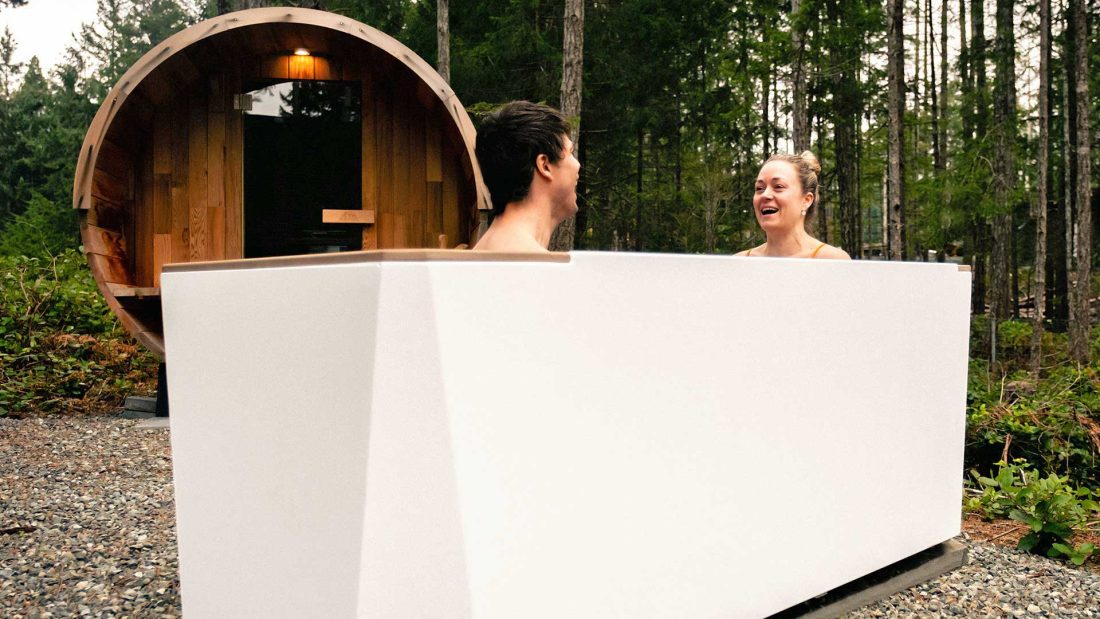If It Makes You Happy…It Can’t Be That Bad: Cold Plunge and Well-Being
Cold plunge enthusiasts will be the first to tell you that sitting in freezing cold water isn’t easy. But they’ll also tell you that the post-plunge feelings of happiness, well-being and even euphoria, make it worthwhile. But how does cold water immersion generate such positive emotional states?
One common explanation is that cold water immersion increases dopamine levels in the body. Dopamine is a “feel-good” neurotransmitter that is released whenever we engage in pleasurable activities, but it is also involved in our “fight-or-flight” response and is associated with improved motor function, learning capability, attention span and motivation. So dopamine works on two fronts: it creates feelings of pleasure that we want to seek out and repeat, and boosts our physical ability, mental focus and motivation to follow through.
From an evolutionary perspective the dopamine response makes a lot of sense: activities that are critical to the survival of the species are more likely to be repeated if they feel good and we are motivated to engage in them. And for most of human history dopamine-stimulating activities were self-limiting: ultra-sweet foods like fruit or honey, for example, were seasonal and limited in supply—a reward after winter hardship; the dopamine-fueled thrill of winning against an opponent was tempered by the injury and death resulted from physical battle.
In the modern world, however, we can have virtually anything we want, whenever we want it—we enjoy all the rewards with none of the risk or difficulty. Unfortunately, this bounty has not made us happier or healthier. In fact, the constant barrage of dopamine-inducing stimuli in the absence of any real survival need may be creating dopamine fatigue and leading, ironically, to dissatisfaction and “dis-ease”. How many of us spend our days seeking hits of pleasure in the form of unhealthy foods, social media “likes”, video game victories, and shopping, even though none of it brings lasting happiness?
The missing piece of the puzzle seems to be physical — specifically, overcoming acute physical stressors related to survival. It’s counterintuitive, but replacing the pleasures of modern excess with some of the acute physical challenges that shaped our evolution might actually lead to better health and wellbeing.
Cold water immersion is one way to experience direct, intense physical stress in a modern context, thereby activating the sympathetic nervous system and setting the dopamine reward pathway in motion. The intensity and physicality of the experience may be why the positive aftereffects are reported to be so much stronger and longer lasting than those from, say, eating a cookie, or online shopping. Of course, the challenge of cold water immersion itself may bring psychological benefits: it takes a lot of willpower and self-control to intentionally immerse yourself in freezing cold water on a regular basis, and developing these skills can help with managing life’s other challenges. Whatever the mechanism, the proof is in the pudding— for many people, cold water immersion increases feelings of well-being and makes them feel grounded and happy.



